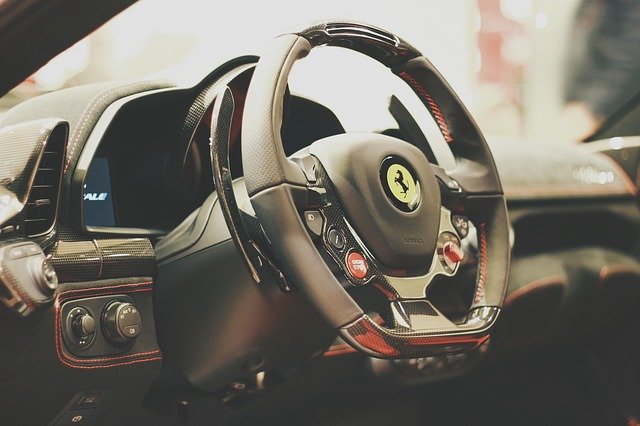 On 22 October 2020, the CJEU published its highly anticipated judgment in the Ferrari case (joined cases C-720/18 and C-721/18). It concerns two preliminary references from the Higher Regional Court of Düsseldorf (Germany), in which Ferrari defended its “Testarossa” trademarks against non-use revocation actions. The trademarks have been registered, inter alia, for “motor cars and parts thereof”. The car enthusiasts among you know that the Testarossa model has been produced until 1996. This means that Ferrari did not sell any new Testarossas but only used models. The company also provided repair and maintenance services for these cars. Several interesting questions have arisen in the course of the proceedings. The gist of the anwers to these questions from the CJEU’s decision is the following:
On 22 October 2020, the CJEU published its highly anticipated judgment in the Ferrari case (joined cases C-720/18 and C-721/18). It concerns two preliminary references from the Higher Regional Court of Düsseldorf (Germany), in which Ferrari defended its “Testarossa” trademarks against non-use revocation actions. The trademarks have been registered, inter alia, for “motor cars and parts thereof”. The car enthusiasts among you know that the Testarossa model has been produced until 1996. This means that Ferrari did not sell any new Testarossas but only used models. The company also provided repair and maintenance services for these cars. Several interesting questions have arisen in the course of the proceedings. The gist of the anwers to these questions from the CJEU’s decision is the following:
1. Sports cars are not an independent subcategory of cars. A company that uses a trademark, which is registered for cars, for sports cars can retain trademark protection for the broader category of cars.
2. If a trademark is registered for certain goods (such as cars), the use of the trademark for (a) component parts that are integral to the make-up or structure of such goods (engines would certainly fall into that category), or (b) for goods or services directly connected with the goods previously sold and intended to meet the needs of customers of those goods (in my opinion, repair and maintenance service would fall into this category) also constitutes genuine use.
3. In general, the sale of used goods under the trademark by the owner is considered genuine use.
4. Germany and Switzerland entered into an agreement in 1892, which stipulates that the use of a national German trademark in Switzerland constitutes genuine use of the German trademark. The CJEU found that, due to article 351 TFEU, the owner of a German trademark can rely on this agreement in order to defend its trademark in non-use revocation proceedings.
5. The proprietor of the trademark that is subject to non-use revocation proceedings bears the burden of proving genuine use. Although this appears to be self-evident, German courts still hold that the plaintiff (i.e. the person filing the non-use revocation action) bears the burden of proof.
All in all, a very positive judgment for trademark owners and car manufacturers in particular.
The full judgment is available here.











